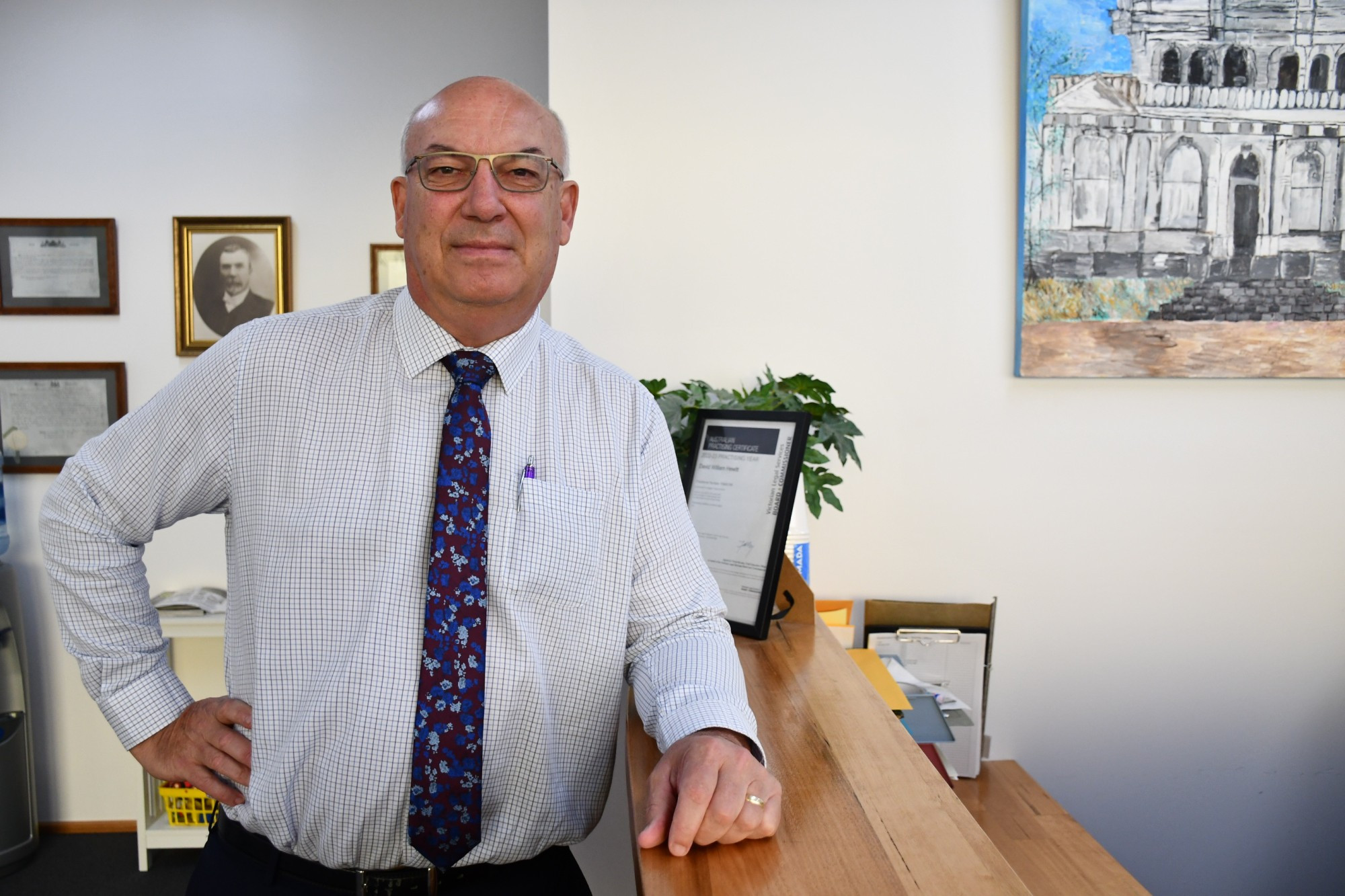General News
16 February, 2023
Local solicitor’s research helps get new mental health treatment approved
In a landmark decision, the Therapeutic Goods Administration (TGA) has approved psychedelics for use in specific mental health treatments, with a local solicitor among those involved in advocating for the change. Earlier this month the TGA announced...

In a landmark decision, the Therapeutic Goods Administration (TGA) has approved psychedelics for use in specific mental health treatments, with a local solicitor among those involved in advocating for the change.
Earlier this month the TGA announced the medical use of MDMA (the pure form of ecstasy) and psilocybin — a psychedelic compound found in some mushrooms — will be moved from
Schedule 9 of the Poison Standard (labelled prohibited substances) to Schedule 8 (Controlled Medicines) on a restricted basis.
The change means that from July 1 this year, psychiatrists who become authorised prescribers will be able to prescribe psilocybin for patients with treatment resistant depression and MDMA for those with treatment resistant PTSD.
The TGA’s decision to reschedule the substances comes more than three years after Mind Medicine Australia started applying for the use of these drugs as medicines in Australia for use as part of psychotherapy for the treatment of key classes of mental illness, as well as the 12,000 submissions from doctors and the public supporting the change.
Local solicitor David Hewitt was asked by Mind Medicine Australia to research the drugs legislation in each state and territory to determine whether there was a possibility for them to be administered as Schedule 9 substances.
The only state that allowed an application was Victoria.
“We first started investigating the legislation of each state around three and a half years ago,” he said.
“There was no litigation on-foot at that stage, it was a case of Mind Medicine wanting to get the drugs rescheduled and at the same time, we were looking to see if there was any pathway at all where a doctor could make an application for that to happen.
“We found an exception in Victoria and that’s where our involvement grew — an application to administer MDMA was made by a Melbourne psychiatrist, approved by the TGA but then refused by the Victorian Secretary for Health. We were then able to pursue litigation in the Magistrates’ Court.”
Similar psychedelic treatments exist internationally, including in Canada, Israel and Switzerland and Mr Hewitt said the TGA’s decision would make a genuine difference for individuals.
“It’s well understood that traditional treatments for depression in numerous cases simply do not work,” he said.
“For some people undergoing treatment, it reaches a point where virtually every form of treatment has been tried with little to no success and the evidence from overseas trials is that this psychedelic treatment has made a huge difference for people who otherwise had little benefit from more traditional treatments.
“There’s been a number of people who have gone overseas to receive treatment and the feedback you get all the time is exactly the same — when the drug is administered as part of psychotherapy , it’s like these people’s minds become clear again, the constant rumination or avoidance stops and openness returns.”
Mind Medicine Australia runs a Certificate in Psychedelic-Assisted Therapies to train psychiatrists and other mental health professionals to deliver treatment and is also working to establish a fund to support those who can’t afford the full costs of treatment.
Ambassador for Mind Medicine Australia, Professor David Nutt said the decision gives hope to the thousands of patients who’s treatment has so far been unsuccessful.
“This new scheduling decision gives hope to the many tens thousands of patients with depression and PTSD for whom current treatments fail,” he said.
“The data collection plan will provide real world evidence of the value of these treatments that is likely to change medical practice around the world.”